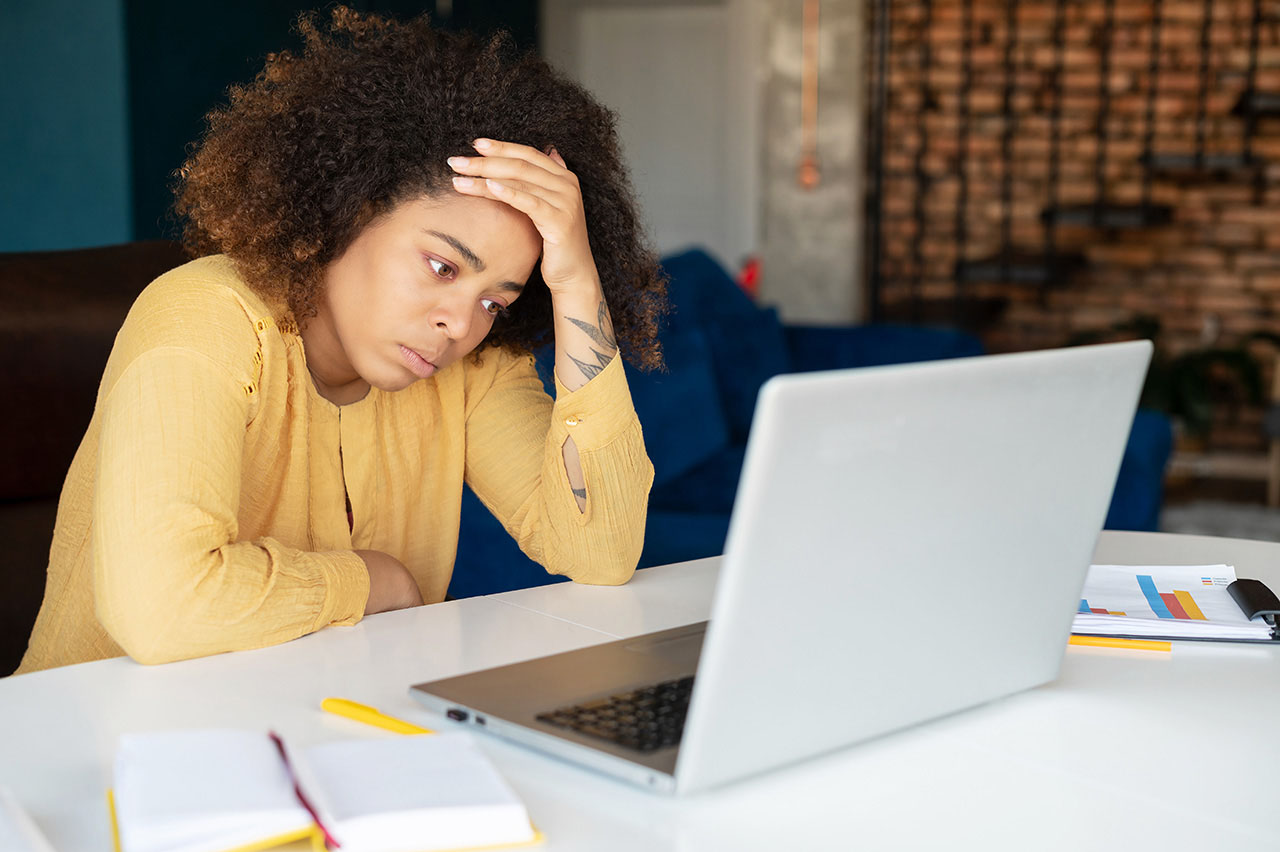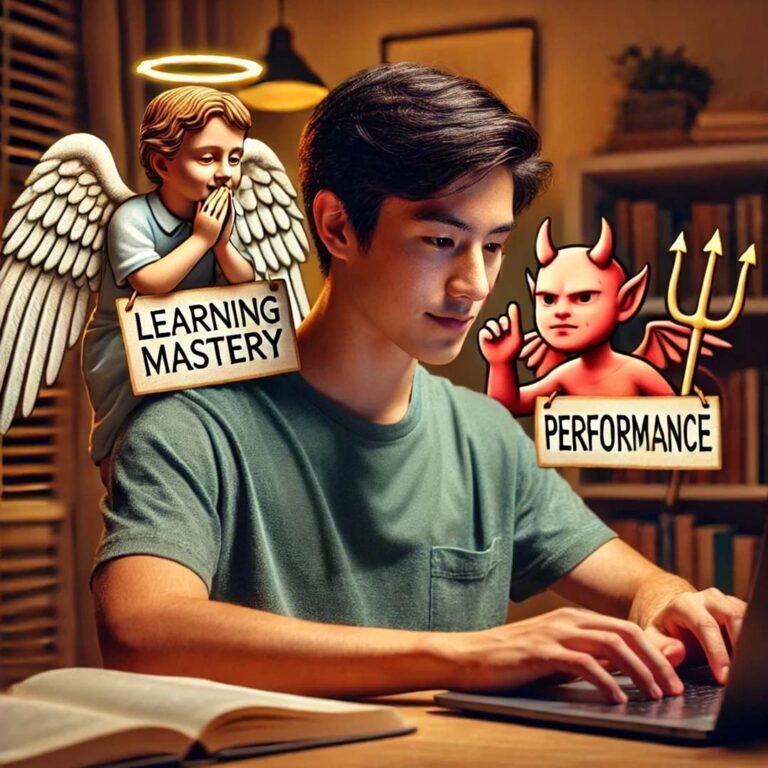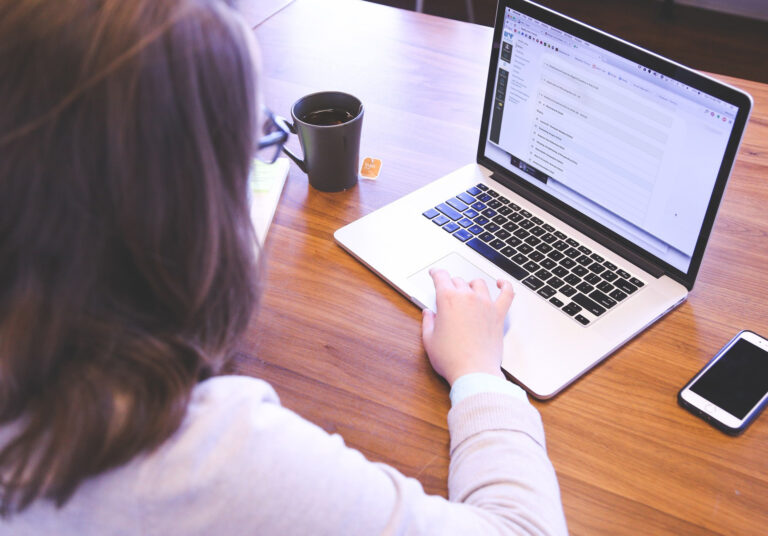
Combatting online fatigue
Communicating online may not be your preferred method, but regardless of your desire to be attached to a computer screen, spending a lot of time online has consequences! There is much recent research highlighting the connection between screen time and poor mental health, particularly for teens and young adults (Wang et al., 2019). Sitting for prolonged periods also comes with health-related risks (Yates et al., 2020).
With even more activities in daily life moving online during the COVID-19 pandemic, it’s important to practice self-care. The following tips are based on my studies as a dance/movement therapy student and are NOT meant to take the place of visiting your doctor and therapist to address mental health and wellness.
Move
This may seem obvious but instead of sitting down for your next zoom class, can you instead participate via smartphone or tablet while you take a short walk? Can you safely sit outside or somehow change locations? It can help to set a timer every hour as a gentle reminder to move, even if it’s just to get up to find a drink of water. Alternatives also include finding a more comfortable seating arrangement. In my dance/movement therapy classes, students are encouraged to sit, walk, stand, stretch and move however they want. Neurobiologically speaking, hormones in our body that enhance learning come from comfort, playfulness and curiosity, not from discomfort, anxiety and stress (Carter, 2004, Hart, 2008). Experiment to see what works best for you!
Relax
Sometimes it takes real effort to relax! A simple way to calm your nervous system is to clasp your hands together with fingers interlaced and place your hands at the back of your head. Cradle the base of your skull in your palms, lean back and apply a gentle pressure that feels comfortable to you. This is where your cerebellum, brainstem and occipital lobe live; these are your primary centers for movement, the nervous system and vision! From here you can take a moment to notice your breathing, or appreciate how gravity is supporting you from your chair or the ground. This is a great time to check in with yourself. Are you thirsty, hungry, stiff or tired? It’s easy to miss your body’s cues if your sole focus is on a screen in front of you for hours at a time.
Engage
Screens can act as a barrier that may make learning feel more impersonal. Don’t be a passive observer! If your mind starts to wander, try writing down a list of questions you have about the topic to ask when time allows. If you’re a hands-on learner, you may find that doodling or coloring helps you focus. On the other hand, if distractions are a problem, try finding a location where you can minimize interruptions. You can even try using an app-blocker that will temporarily lock you out of web-surfing or social media! A tip for reducing anxiety during online meetings is to disable your video or hide the image of yourself to avoid staring at your own face the whole time. You may want to turn your video back on if you’re speaking with someone, though!
There are many more ideas out there for how to live and thrive during the pandemic. Talk to your family, friends and classmates for other suggestions. And if you are struggling, please reach out for help right away. Everyone at UAF has access to the online programming at The Well: https://sites.google.com/alaska.edu/thewell/home. UAF students can call the Student Health and Counseling Center at (907) 474-7043 for an appointment. Employees, partners and dependents can get help through Deer Oaks at 1-888-993-7650.
References
Carter, C. S. (2014). Oxytocin pathways and the evolution of human behavior. Annual Review of Psychology, 65(1), 17-39. doi:10.1146/annurev-psych-010213-115110
Hart, S. (2008). Brain, attachment, personality: An introduction to neuroaffective development. Routledge, 167-215.
Wang, X., Li, Y., & Fan, H. (2019). The associations between screen time-based sedentary behavior and depression: A systematic review and meta-analysis. BMC Public Health, 19(1), 1-9. doi:10.1186/s12889-019-7904-9
Yates, T., Edwardson, C. L., Henson, J., Zaccardi, F., Khunti, K., & Davies, M. J. (2020). Prospectively Reallocating Sedentary Time: Associations with Cardiometabolic Health. Medicine & Science in Sports & Exercise, 52(4), 844-850. doi:10.1249/MSS.0000000000002204

Brighton Brooks, M.Ed.,
Brighton has been offering student success skills and academic coaching to distance learners for over 10 years. They’re currently pursuing certification in the field of Dance/Movement Therapy.



